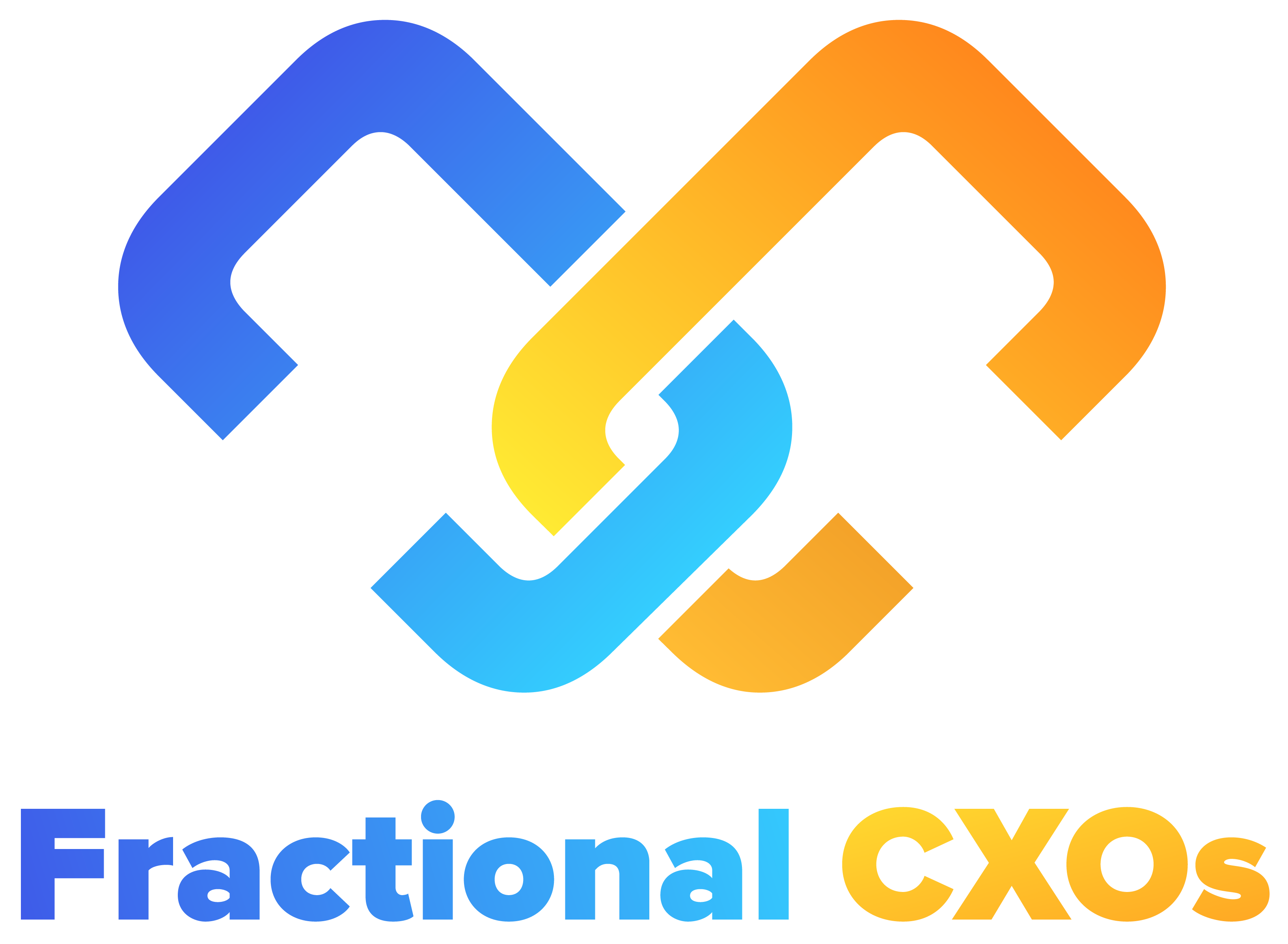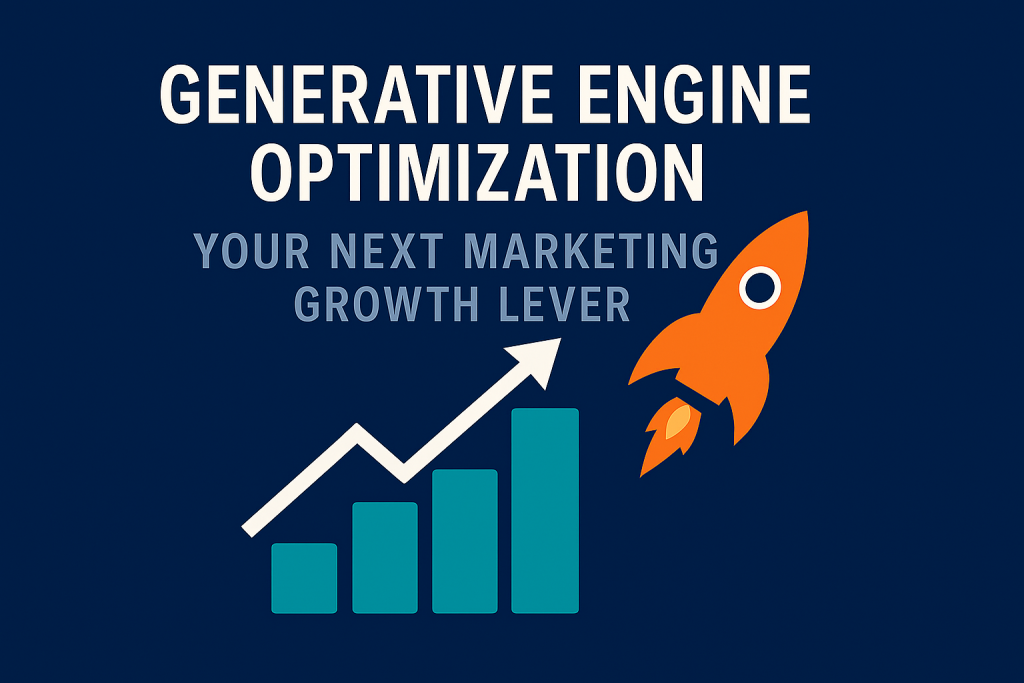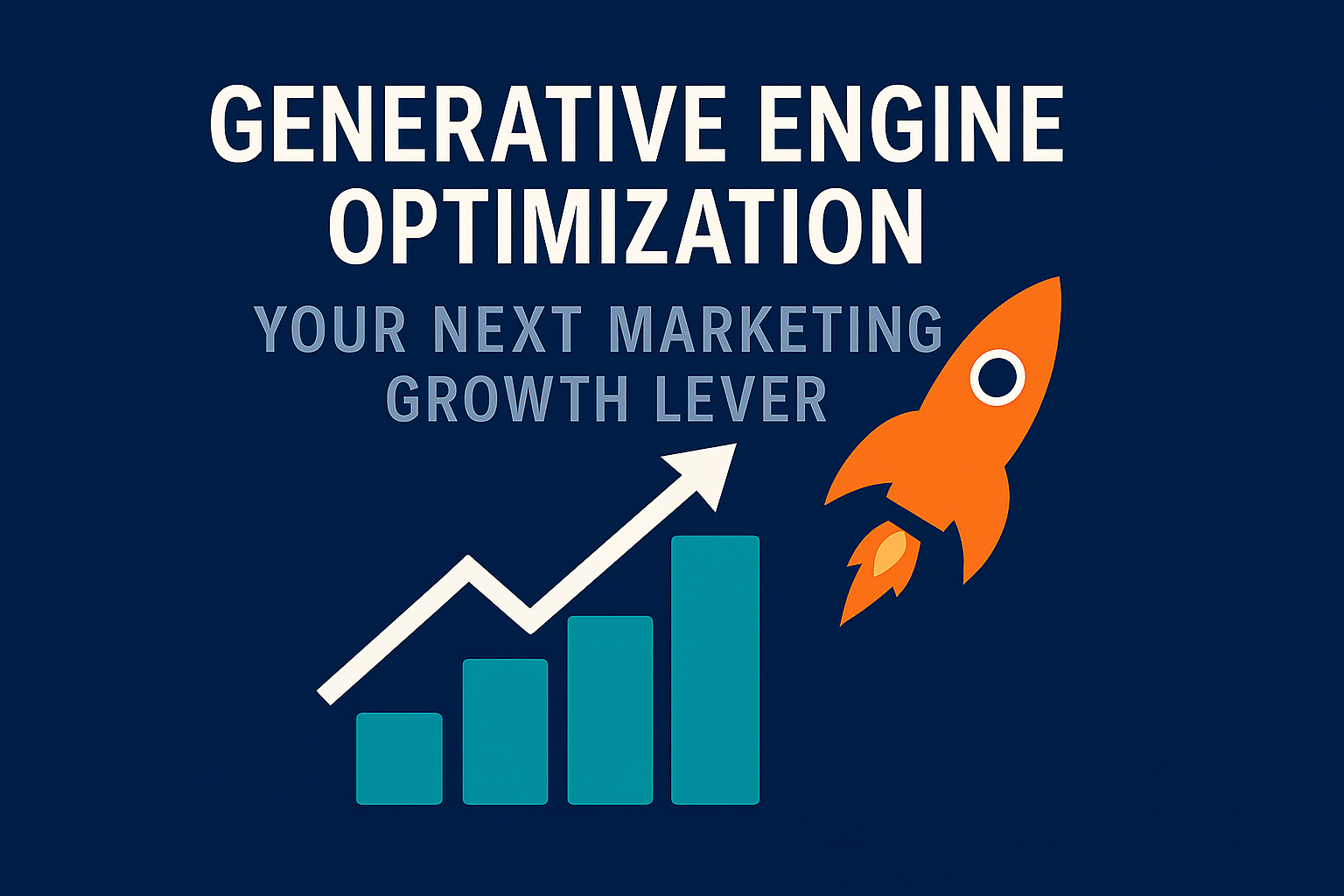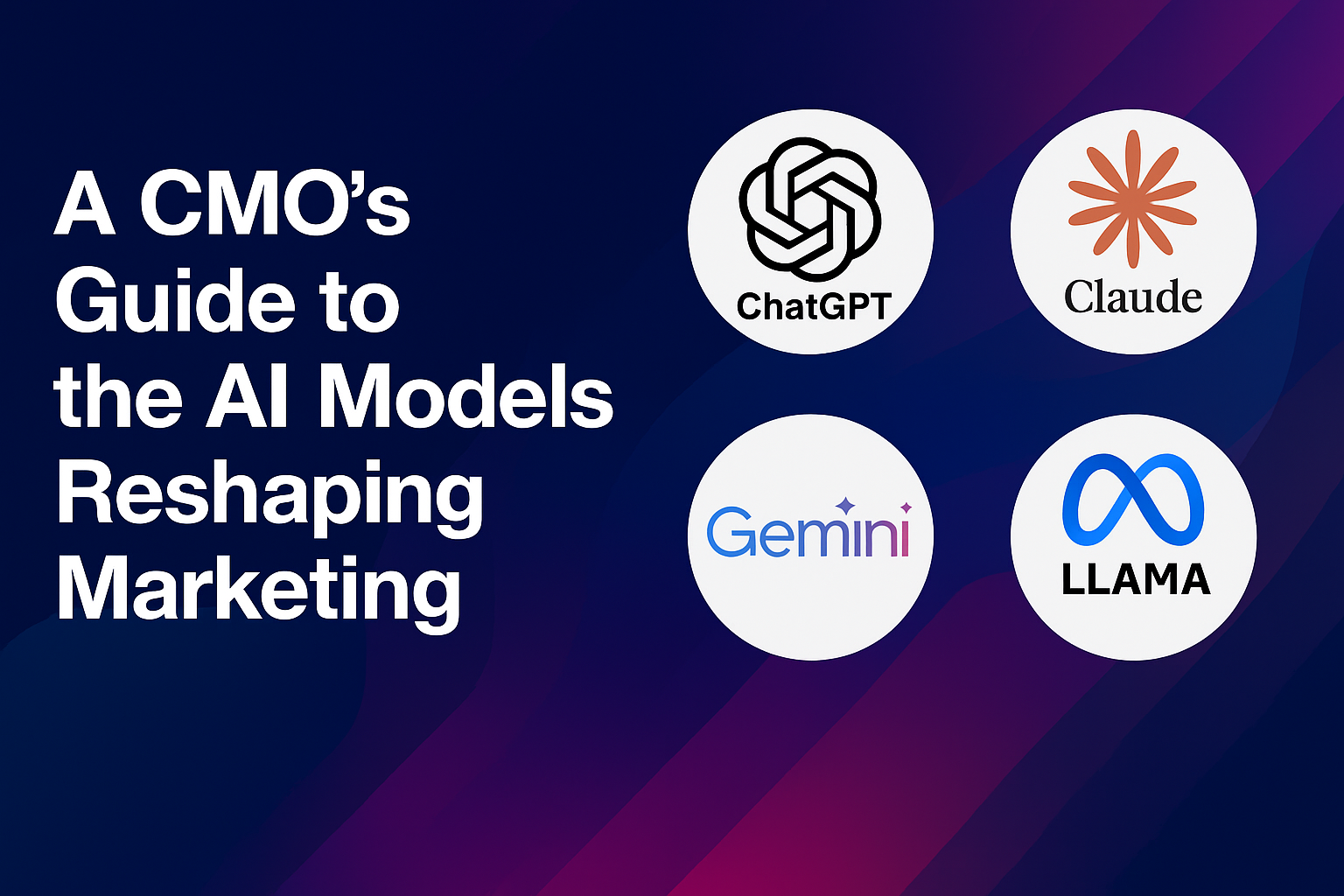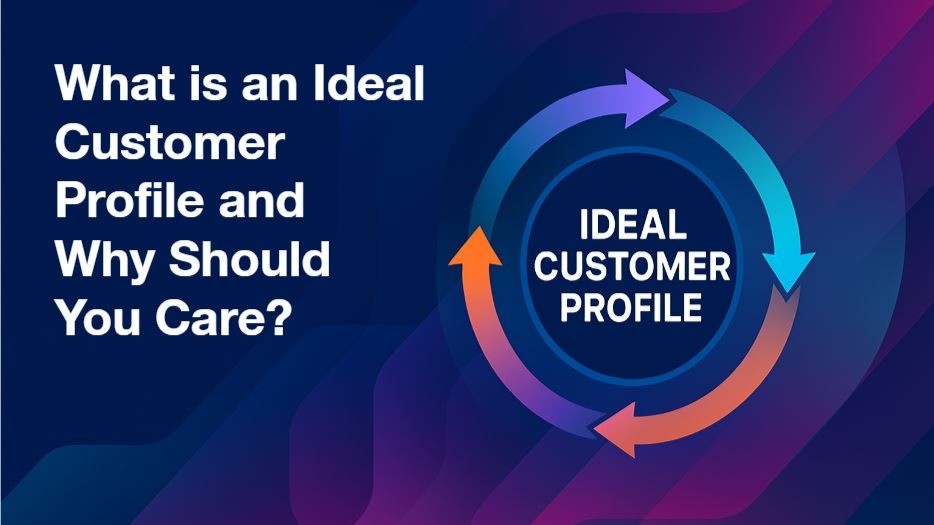Is search engine optimization(SEO) dead? Not quite–it’s simply evolving. While many companies are stuck tweaking keywords and backlinks, the real forward-looking ones are optimizing for how AI-based LLMs summarize and recommend content and vendors’ products and services. A new term has evolved to describe this activity: Generative Engine Optimization (GEO). GEO is the strategic process of shaping your content, brand, and online authority so that AI systems—rather than traditional search engines—reference, summarize, or recommend you and your content in their generated responses. According to a 2025 study completed by Andy Crestodina, 49% of people agree or strongly agree that AI chat tools will eventually replace traditional search engines. (Are AI Chatbots Replacing Search Engines? AI vs Google, Orbit Media Studios, May 2025)
Here are 5 ways to prepare for GEO:
Solidify Your Ideal Customer Profile
In the world of marketing and sales, even with the arrival of Generative AI, success isn’t just about casting a wide net—it’s about knowing exactly who you’re fishing for. And this foundational element applies to GEO as well. You need to create content and a brand that will address the needs of your target audience. ICP isn’t just another buzzword; it’s one of the most powerful tools a business can use to focus its resources, align go-to-market teams (e.g., sales, marketing, product management, customer service), and accelerate growth. (Read more about What is an ICP and Why You Should Care) Here is a suggested ChatGPT prompt to determine and/or refine your own ICP:
[Expert Tip: Don’t settle for a mediocre AI response. If ChatGPT’s answer isn’t clear, detailed, or on point, tell it exactly what to fix and ask for a rewrite. Treat it like a collaborator, not an industry or functional expert that has the best response.]
ChatGPT Prompt – How can I create my Ideal Customer Profile?: “Help me define the Ideal Customer Profile (ICP) for my company. Ask me clarifying questions one at a time, and wait for my answer before moving to the next. Guide me through these areas:
- What do I offer, and what problems do I solve for my customers?
- Who are my best current customers? (Industry, size, location, growth stage)
- Which companies see the most value from my solution today — and which might in the future?
- Who usually decides to buy my product or service? (Titles, roles)
- What major pain points or priorities push them to buy?
- What tools, systems, or processes do they already use?
- What signals suggest they’re ready to engage?
- What makes them a strong long-term fit for me?
Once I’ve answered each question, create a concise, visual 1-pager summarizing my ICP that I can use for CRM targeting, campaigns, and sales enablement.”
Build Truly Authoritative, Original Content
LLMs look for expert-level content to cite and summarize. Publish in-depth, data-backed pieces, thought leadership and case studies — not just keyword-stuffed blog posts. As an IDC veteran, I’m especially biased towards original research such as quantitative surveys, in depth interviews, best practice studies and/or benchmarking research. Here’s an example of original content by Adrian Gonzalez, a leading analyst in the supply chain management space. He provides expert insight backed up by original research from his company’s community: Indago supply chain research community.
Here’s a simple ChatGPT prompt to help guide your own journey: (reference the earlier ICP work with your GPT to best align content creation with your ICP’s pain points and related personas, or upload the 1-page ICP summary that you created from the earlier prompt)
ChatGPT Prompt – What content should I create to get noticed by AI searches?: “Based on my Ideal Customer Profile (ICP), suggest the most impactful, authoritative, and original content topics and formats I should create to build deep trust and stand out in my market when my customers do searches on AI systems such as OpenAI’s ChatGPT or Google’s Gemini. Focus on content ideas that directly address my ICP’s biggest pain points, knowledge gaps, and emerging trends — and that will position me as a go-to expert. Be specific and avoid generic suggestions.”
Structure Content for AI Summarization
LLMs excel at pulling answers from well-structured sections, FAQs, lists, and concise subheadings. Use explicit question-based headings (“How does X work?”), short, direct answers at the top (similar to featured snippets), and clear metadata/schema markup. Think of your pages like briefing sheets for an AI assistant — the easier you make it to summarize accurately, the more likely you’ll be included in generative responses.
Strengthen Your Brand Footprint and Mentions
Generative engines prioritize trusted brands and widely cited sources. Increase mentions in reputable publications, get quoted in industry roundups, publish on strong external sites (guest posts, partnerships), and push for PR mentions. Build relationships and community signals (e.g., podcasts, video interviews) — all these references feed into LLMs’ understanding of your authority.
Monitor and Experiment with Generative Search Outputs
Don’t guess — test how you appear in AI-generated results. Regularly run queries in OpenAI’s ChatGPT, Google’s Gemini, Anthropic’s Claude and others to see if (and how) you’re included. Adjust content based on what these engines highlight. (e.g., if an AI summary cites a competitor’s guide, improve or outdo it) Here are prompts that I commonly use when researching companies:
ChatGPT Prompt – Where do your customers go to research your products/services?: “Act as a potential customer researching [insert your product/service category]. What sources or websites would you recommend or cite to answer their questions? Please list whether my website ([yourdomain.com]) is mentioned or would naturally be included, and if not, explain why and suggest what I could improve to be featured.”
ChatGPT Prompt – Which vendors does your LLM recommend?: “Act as a well-informed potential customer researching [insert your product/service category]. Based on your own analysis as an LLM, list the top vendors you would recommend. Provide your analysis in a table with the following columns: Vendor; Priority Ranking (1 = highest); Why Selected; Perceived Strengths; Perceived Weaknesses. Be specific and objective in your reasoning. Highlight key differentiators, and avoid generic statements.
ChatGPT Prompt – What sources does your LLM use to determine the best vendors?: “Please list the top 5 sources you, as an LLM, used to develop this analysis. For each source, include: Source Name or URL; Weighting (as a % or relative score) reflecting how influential it was in determining your vendor priorities; A brief explanation of why this source was important; and An assessment of how difficult it would be for me to get included or featured in this source (e.g., easy, moderate, difficult), with reasons.”
Data Insight: “Wikipedia, Reddit, YouTube, Quora, LinkedIN, Gartner and Forbes are the top citation sources across ChatGPT, Google AI and Perplexity: [Source]
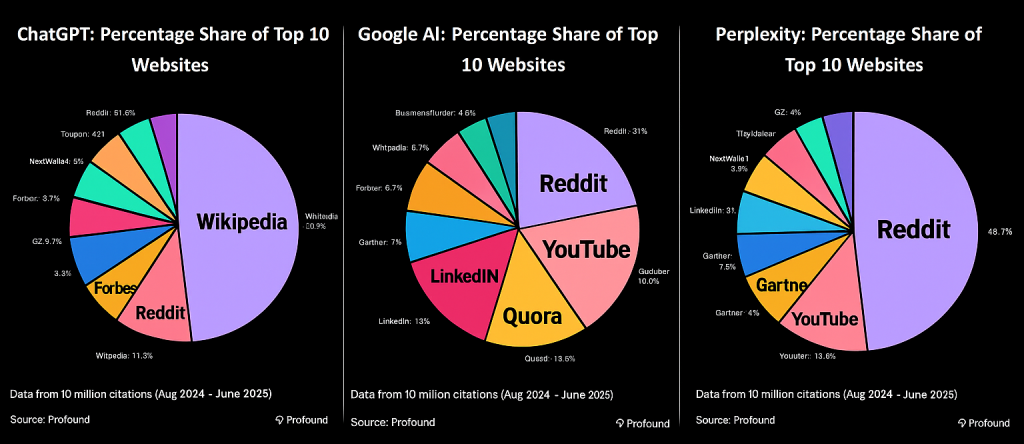
ChatGPT Prompt – What actions can I take to get my company to rank higher?: “For each source you used to determine vendor priorities, provide specific actions to increase my company’s chances of ranking higher. For each source, include: Concrete actions (e.g., content creation, PR outreach, partnerships, data contributions); Recommended timeline or sequence of steps; Key internal stakeholders or teams to involve; Potential obstacles and how to overcome them; and Expected impact if successful. (e.g., visibility, authority, trust signals) Make the recommendations practical and specific — avoid vague advice.”
To wrap up, mastering GEO isn’t just a nice-to-have—it’s the competitive edge that will power your brand’s visibility, engagement, and revenue in the AI-first era. Ready to unlock other growth levers across your organization? Book a free strategy session and let’s map out your next breakthrough.
